 Marcos Gonzales • updated: Nov 14 2024
Marcos Gonzales • updated: Nov 14 2024
25 Practical Life Activities for Toddlers: A Montessori Guide
Are you looking for activities that will boost your child's coordination at the classroom and at home? Well you're in the right place! Lets get into it. Age recommendation (18 months - 3 years)
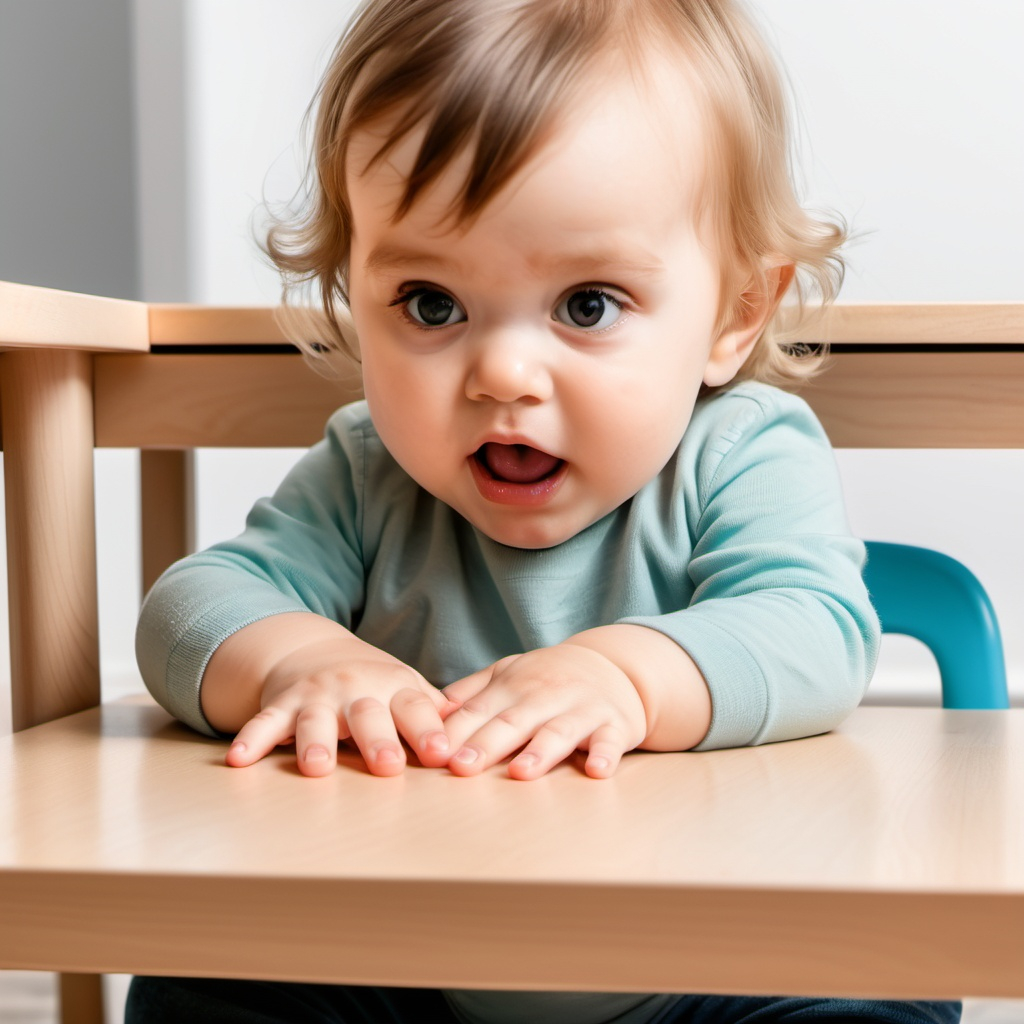
Kitchen Activities (6 Activities)
1. Pouring Water Between Containers
- Materials needed : 2 containers (preferably plastic), water, washcloth (in case spilling occurs)
- Step-by-step setup: Have a container with water and the other one empty. Have the child pour the container with water into the empty container.
- Skills developed: This will work on motor skills and hand and eye coordination. - Safety considerations: You probably shouldn't do this one if you only have glass containers.
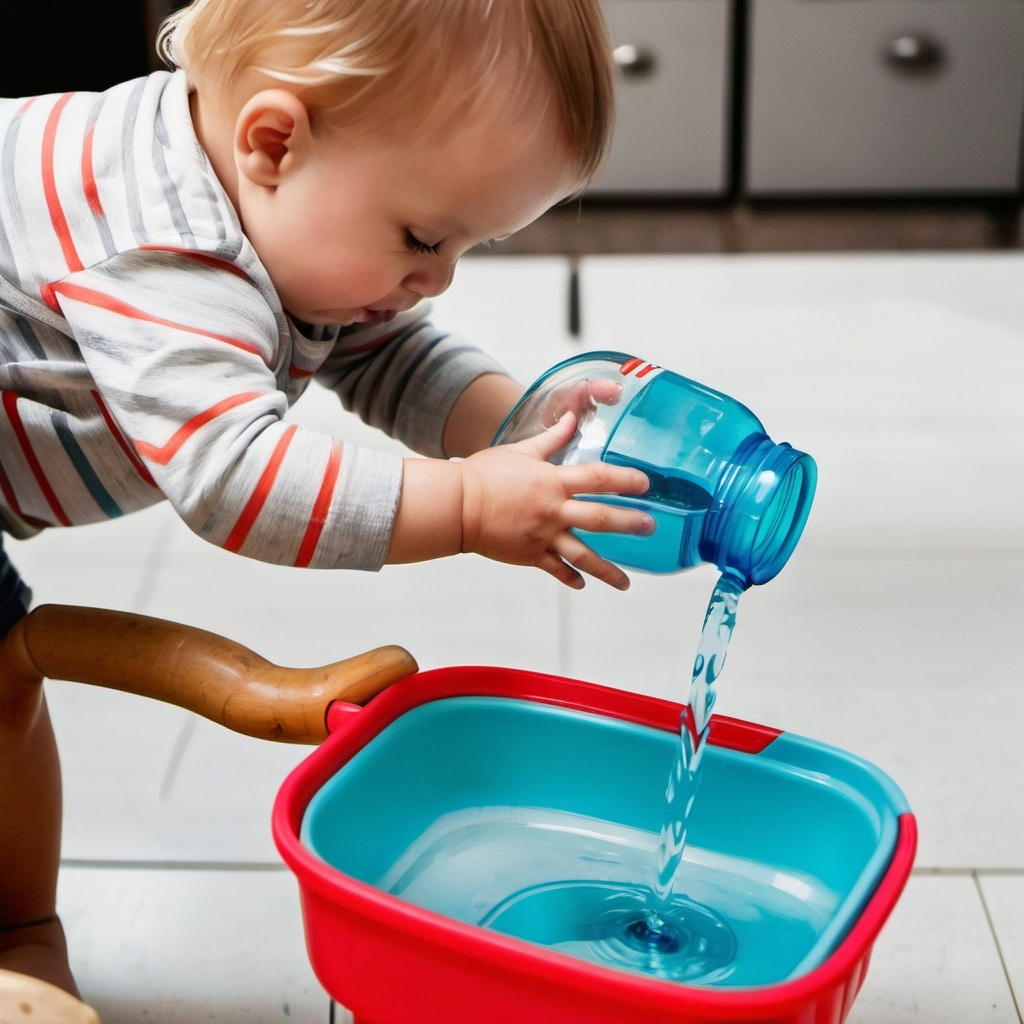
2. Transferring with a Spoon
- Dry materials to start (rice, beans, ice, etc.)
- Progressive difficulty: you can start with the larger items and move on the the smaller items to make it more difficult.
- Common challenges: the items fall off the spoon before making it to the bowl. He/She doesn't understand the game and just plays with the food.
3. Food Preparation - Banana Slicing
- Safe tools needed: Cutting board, knife, banana
- Setup process: wash hands, set up a space for the activity.
- Adult supervision points: You'll want an adult present at all times for this one.
4. Spreading Butter or Jam
- Materials needed: Bread, butter, jam, peanut butter?
- Safety considerations: make sure child doesn't poke himself or you!
- Progressive steps: wash hands, clean area, have bread and jam ready. have child get the bread and place it on the counter. then dip the knife into the jam/butter and spread it on the bread.
5. Using Tongs to Transfer
- Different types of tongs: You can use whatever tongs you have at home.
- Items to transfer: This can be anything (food, cotton balls, ice cubes)
- Grip development: This will work on your child's grip. observe your child, if they are making progress you can switch the items to something more challenging.
6. Sponging/Cleaning Table
- Setup needed: Sponge, table, mess?
- Process explanation: Explain that we are going to clean. This is great after a meal and there are still crumbs on the table.
- Clean-up routine: You can make this a purposeful routine after a meal and make up a table washing song.
Personal Care Activities (6 Activities)
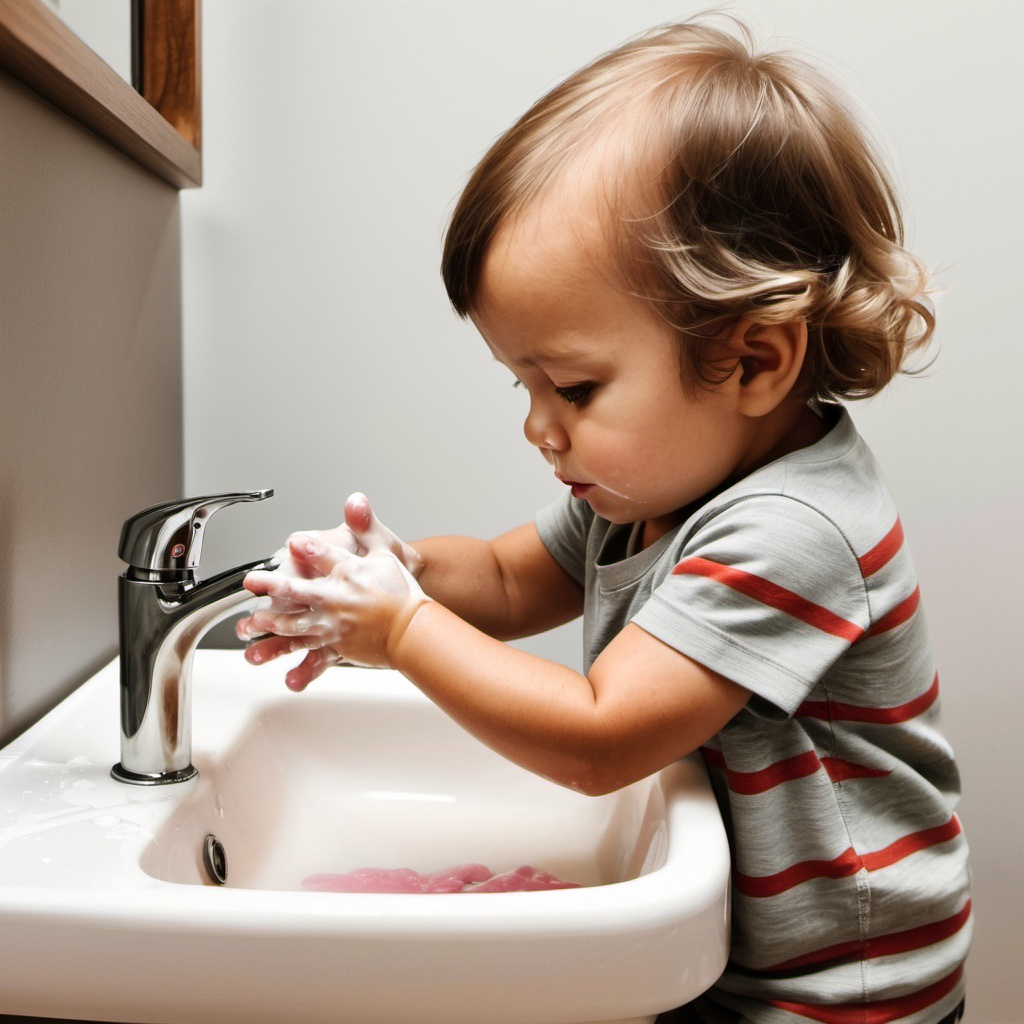
7. Hand Washing Station
- Station setup: Soap, Water, Step Stool
- Step-by-step process: Say we are going to wash our hands. Have them use the step stool, turn on the water, use the soap dispenser, scrub hands for 10-20 seconds, rinse hands, dry hands.
- Independence building: This helps build confidence and is a great exercise for your child.
8. Dressing Frames
- Types of frames: There are all kinds, buttons, straps, strings, clips, etc.
- Skills practiced This helps develop fine motor skills
- Progressive difficulty: you can go from the easier type of frames to more challenging frames.
9. Shoe Polishing
- Materials needed: Shoes, Polish, Rag, Desk/Area, Chair
- Safety considerations: Make sure you child doesn't inhale, or ingest the shoe polish.
- Process steps: Make sure you have all your items ready and a area to clean. Put some shoe polish on the rag, then lightly scrub the shoe to clean the area.
10. Hair Brushing
- Mirror setup: Make sure you have a mirror, and than it is clean.
- Proper tools: need a brush, a hair band(if you are goign to put their hair up, a water bottle)
- Self-care routine: This is a practical life skill that everyone does, so why not getting it started early?
11. Face Washing
- Station setup: Need step stool, Wash Rag
- Process steps: Have child step on step stool, turn on water (make sure its warm and not too hot or too cold), splash water on face and gently rub, dry face.
- Independence building: This fosters independence and confidence in your child.
12. Nose Wiping Station
- Materials needed: Tissue box
- Teaching process: Have your child mimic you and wipe their face with a tissue.
Care of Environment Activities (7 Activities)
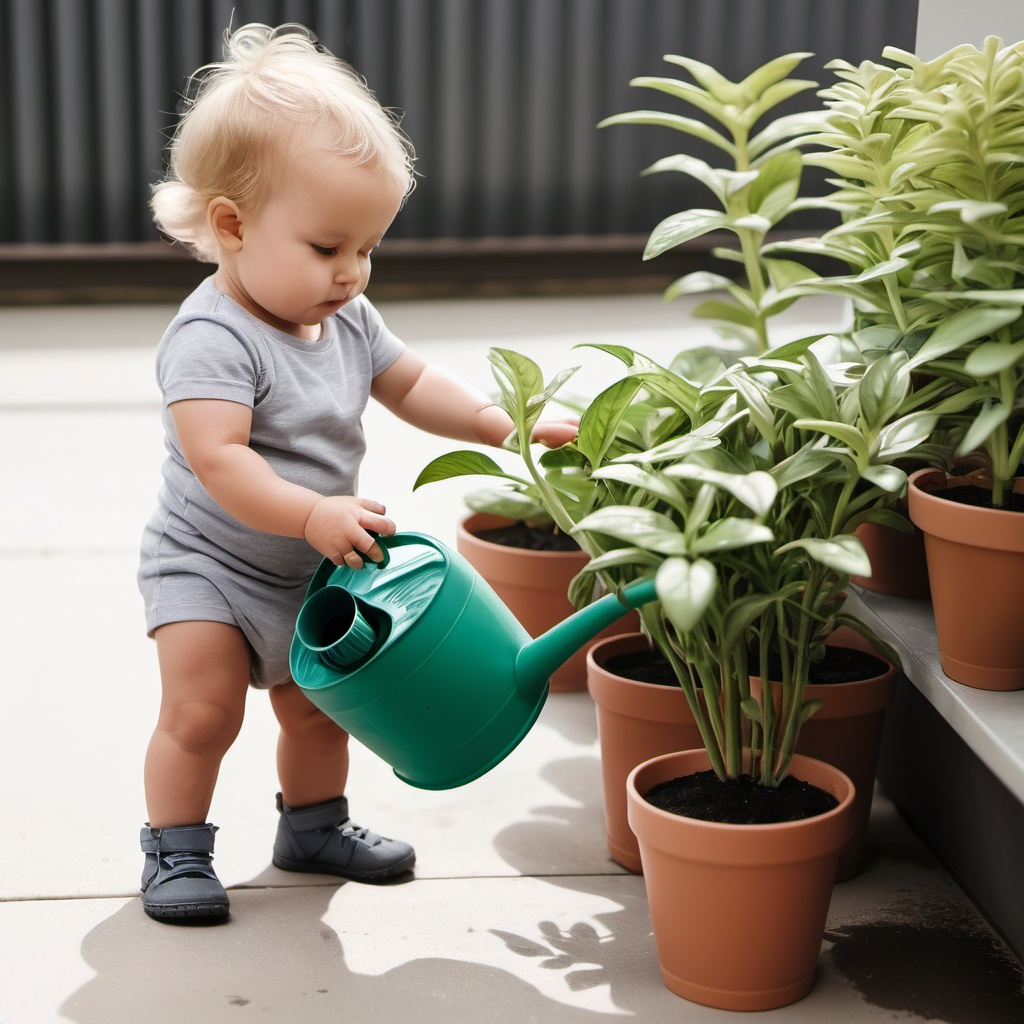
13. Plant Watering
- Tools needed: water jug, plant
- Process steps: Have the child grab the jug and slowly pour water onto the plant.
- Plant safety: Make sure the plant needs water and doesn't get over fed.
14. Dusting
- Materials needed: Duster
- Technique teaching: Motor Skills, Cleaning
- Areas to practice: BookShelves, Furniture, Bedding
15. Sweeping with Small Broom
- Proper tool size: Nowadays you can find children broom sets
- Technique steps: Have the dustpan on the floor and have the child sweep the dirty pile into the pan.
- Defined area practice: Kitchen, or any hardward/tile area.
16. Window Washing
- Safe setup: Try and find a window that is not so high so your child may clean safely and not risk falling.
- - Materials needed:Wash Cloth, Window, Spray or Water
- - Process steps: Find target window. gather equipment. Spray window or wet towel and start scrubbing.
17. Folding Napkins
- - Different folds: Squares, Rectangles come off the top of my mind.
- - Practice Math Skills: Fold and Count to 10
- - Storage solution: You can use the napkins you folded for dinner.
18. Setting the Table
- Materials needed: Silverware, napkin, plates, bowls, cups.
- Step-by-step process: They can start by getting the plates, then the bowls, and cup. Afterwards set up the napkins, and finally the silverware.
- Place setting guide: Set up the first as a template that they can follow.
19. Sorting Laundry
- Categories setup: Setup the clothing in sections: Pants, Shirts, socks, underware, etc.
- Process steps: Show them how to fold each unique item.
- Skills developed: Motor Control, Independence, Patience, to just name a few.
Fine Motor Development Activities (6 Activities)
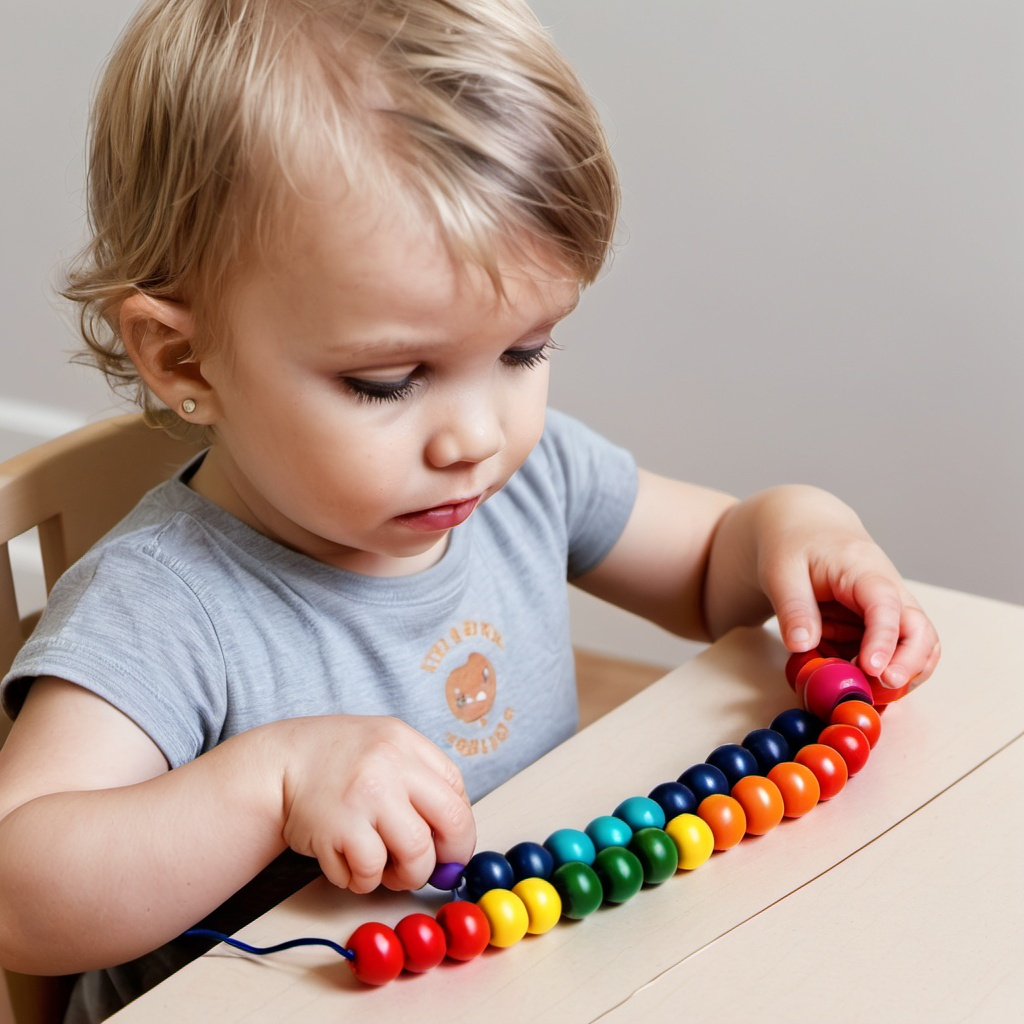
20. Threading Large Beads
- Materials selection: You'll need some string, some beads, and scissors.
- Safety considerations: Look out for young babies here, they'll want to eat the string. Younger Toddlers will want to play with the scissors and could potentially cut their fingers.
- Difficulty progression: This activity is for ages 3 and up. Small children preferably.
21. Opening and Closing Containers
- Various containers: You can have plastic containers, aluminum, tin, big and small, and all sorts of in-between.
- Difficulty levels: You could have some easy containers to take off and have one or two that are harder to put and take off.
- Safety checks: Make sure you little one doesn't get frustrated if they can't do it. help them and they'll eventually get there.
22. Lock and Key Activity
- Materials needed: Keys and locks.
- You can practice with little keys, and bigger keys. There are all shapes of keys.
- Progressive difficulty: You can start out with the key inside the lock and if they can successfully take it out have them try and insert the key into the lock themselves.
23. Nuts and Bolts
- Material selection: Choose clean nuts and bolts and be careful if you have any babies around, they'll want to put them in their mouth.
- Size progression: You can start out with larger nuts and bolts and move your way down in size for increased difficulty.
- Safety notes: Watch for fingers! You don't want your little one to get their finger in between the nut and bolt!
24. Button Sorting
- Materials needed: Buttons.
- Different classifications: You can color coordinate, size coordinate, or both.
- Setup guide: Start out with all the buttons mixed up and then organize them to your liking.
25. Clothespin Activities
- Different types: Play games: See how many clothespins you can click to a mega block. See if you can attach one to a card, the sofa, anything around you.
- Strength building: This will increase the strength of toddler so they can eventually hold a pencil to start writing their name!
- Various applications: You can make any game out of anything with your toddler. See how many you can pin on your shirt.
Conclusion
There you have it. Now you don't have your montessori guide on 25 activites for toddlers ages 18 months to 3 years old. If you haven't checked out my other guide montessori toys for 1 year olds please do.